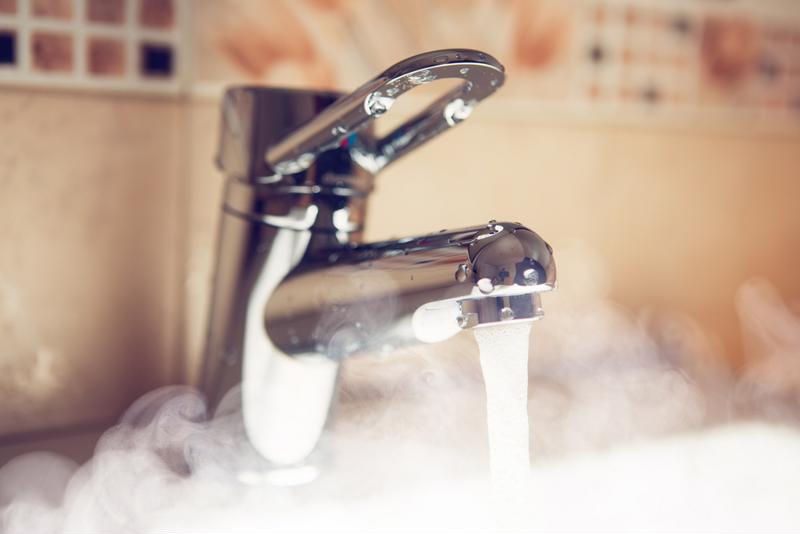5 tips for saving energy this fall
As you enjoy the last warm weeks of the year, it's easy to forget about the coming energy costs that go along with the changing seasons. As fall approaches, keep the following tips in mind to prevent your energy and water bills from rising.
1. Use electricity instead of natural gas
Almost 100 percent of electric energy is converted to heat, according to the U.S. Department of Energy. Natural gas and heating oil on the other hand only convert about 30 percent of their energy to heat. Home heaters that run off electricity are preferable to other types of equipment because they are easier on the environment and on your bills.

2. Buy a tankless heater
An old-fashioned water heater loses energy when not in use, which means it has to expend more energy in order to keep your hot water faucet at the temperature you like. Whether you get an entire house solution or a point of use electric water heater, you could save a lot money by avoiding wasted energy. If you're renting an apartment and don't have the sole voice in your choice of water heater, there are ways you can convince your landlord to make the switch.
3. Repair leaky faucets
All of those water drops can really add up. According to the U.S. Department of Energy, leaky faucets can quickly waste gallons of water. That's extra water that you possibly have to pay to heat. If your bills are going up but you haven't been using any more water, a faulty faucet may be to blame.
"A faulty faucet may be to blame for increased energy bills."
4. Check your insulation
A lot of heat can be lost due to uncovered pipes, drafty windows and loose door frames. Homeowners interested in keeping their bills down over the autumn and winter months should take measures to ensure the heat they are paying for isn't escaping into the outdoors. Drafty windows should be covered with plastic, cold water pipes should be insulated, and unsealed door frames should be improved with weatherstripping.
5. Set your thermostat appropriately
One of the best ways to save money during the winter is to keep your thermostat at a level that doesn't overheat your house. Consumer Reports recommended keeping the temperature set to 68 degrees during the daytime and 60 degrees at night. And if you're worried about getting cold feet this season, consider having an energy efficient floor heater installed in your home.
